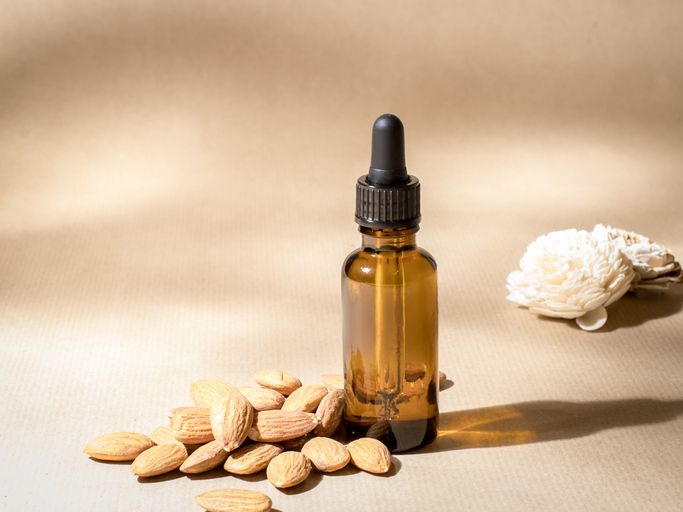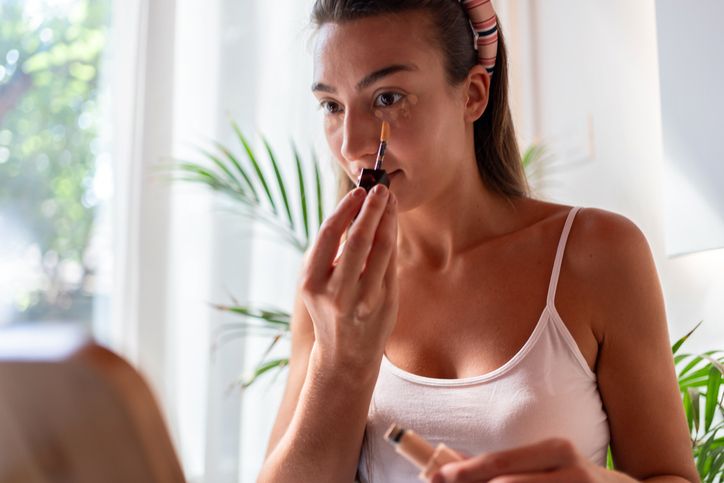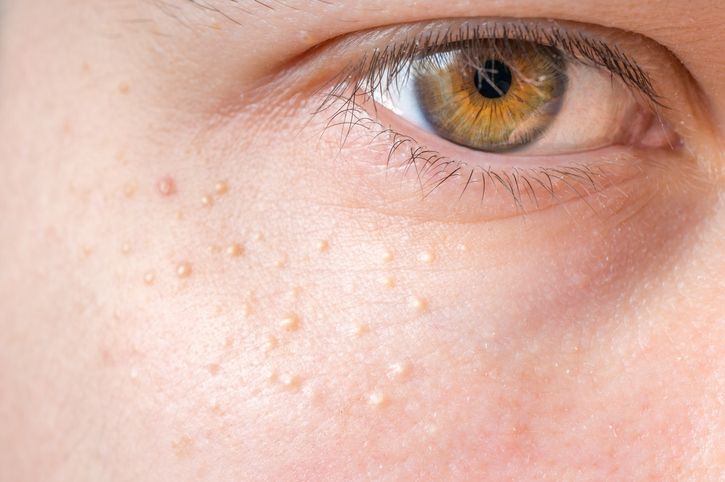- Home
- Trend
- Weight Loss Strategies
- Acne Tips
- Hair Health Information
- Blemish Removal Tips
- Acne Scar Removal Tips
- Muscle Building Techniques
- Intimate Care Tips
- Postpartum Intimate Care
- Eye Bags Wiki
- Tips for Face Slimming
- Secret of Permanent Hair Removal
- Breast Enlargement Tips
- Cure to Snoring
- Marionette Lines
- Skin-Tightening Secrets
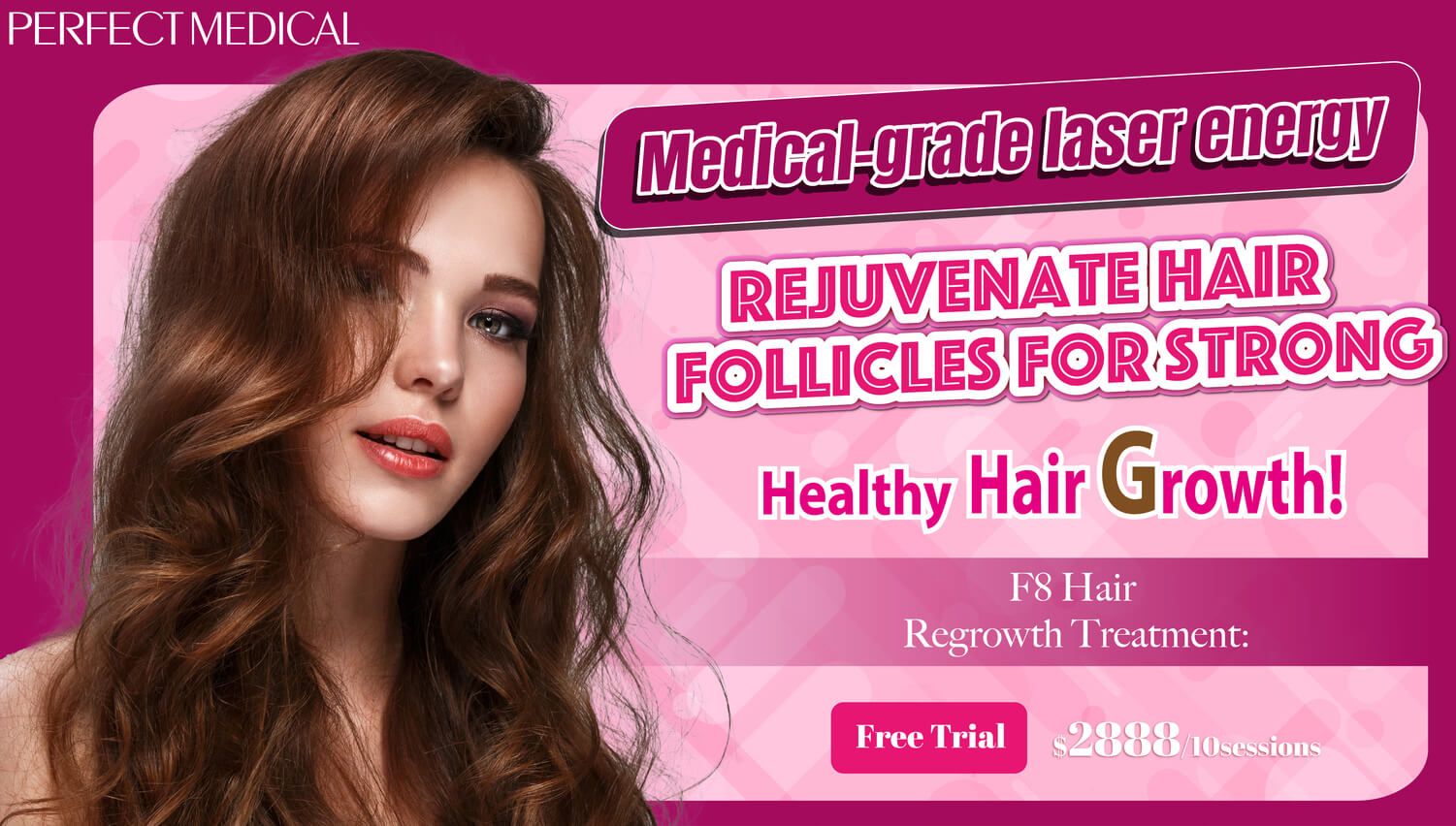
免費體驗
F8 Hair Regrowth Treatment
1 Minute Self-Registration
Date should not be before minimal date
Your diet plays a crucial role in your hair health, and a poor diet is one of the most common causes of preventable hair loss. When you don’t get enough essential nutrients like protein, biotin, and omega-3 fatty acids, it can disrupt your hair growth cycle, leading to hair thinning, brittle strands, and excessive hair shedding. Crash dieting, very low-calorie diets, and restrictive eating patterns that skip whole food groups can harm your hair follicles, further affecting hair health. Nutrient deficiencies, especially in iron, vitamin D, and zinc, can also lead to hair loss. Understanding how your diet impacts your hair’s health is the first step toward supporting healthy hair growth and preventing further hair loss.
1
Impact of Poor Diet on Hair Health
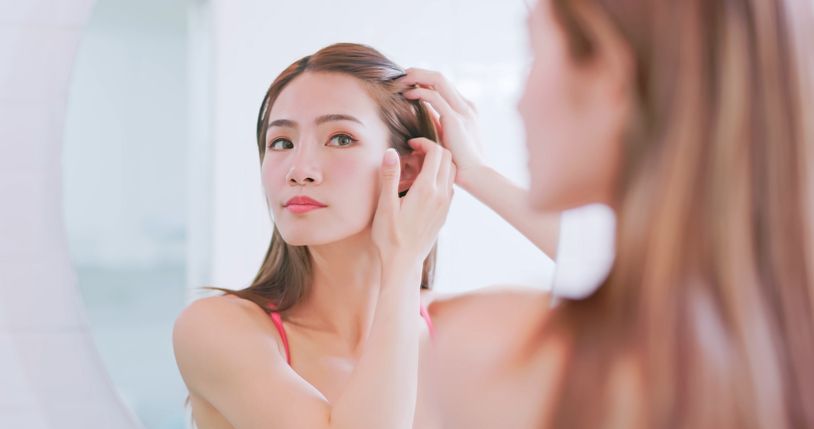
1. Hormonal Imbalances
2. Nutrient Deficiencies
3. Crash Dieting and Restrictive Diets
4. Inflammation and Harmful Foods
2
Foods That Support Hair Growth
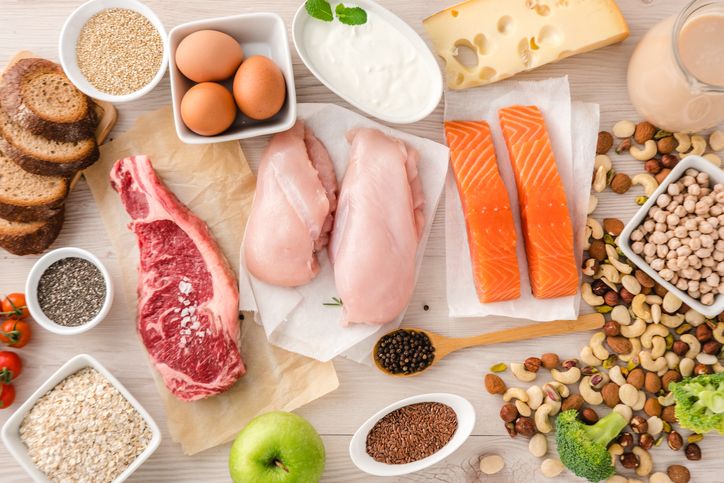
1. Protein-Rich Foods
2. Fatty Fish for Omega-3 Fatty Acids
3. Vitamins and Minerals for Strong Hair Follicles
4. Healthy Fats for Hair Health
5. Antioxidant-Rich Foods
6. Whole Grains and Nuts for Stronger Hair
- Hair Regrowth Methods Checklist: Promote Hair Growth Correctly
- Hair Loss and Stress: Everything You Need to Know About Stress-Induced Balding and How to Treat It
- 7 Signs Of Scalp Inflammation: What Color Does A Healthy Scalp Has?
- Stuck in a Hair Growth Rut? 4 Shocking Reasons Why Your Hair is Not Growing
3
Meal Plan for Healthy Hair Growth
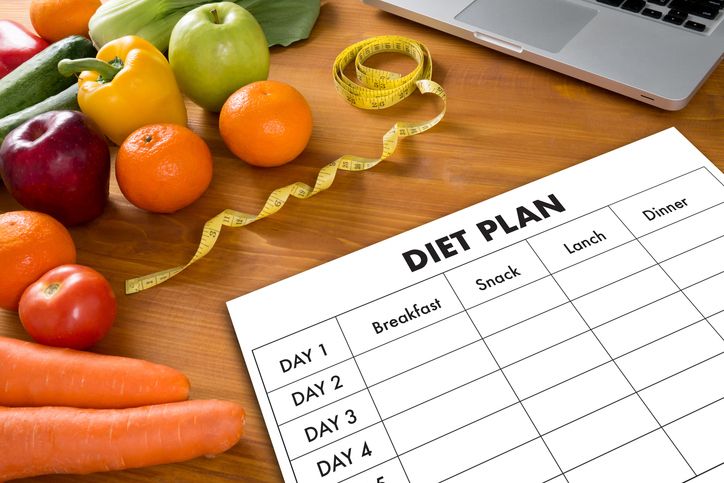
1. Start Your Day with Protein-Rich Breakfasts
2. Include Leafy Greens and Legumes for Lunch
3. Plan Dinner with Lean Proteins and Whole Grains
4. Include Healthy Fats in Your Diet
5. Choose Snacks That Support Hair Health
6. Stay Hydrated and Limit Alcohol
4
F8 Hair Regrowth Treatment: A Non-Invasive Solution to Combat Hair Loss

How F8 Hair Regrowth Treatment Works
Advantages of F8 Hair Regrowth Treatment
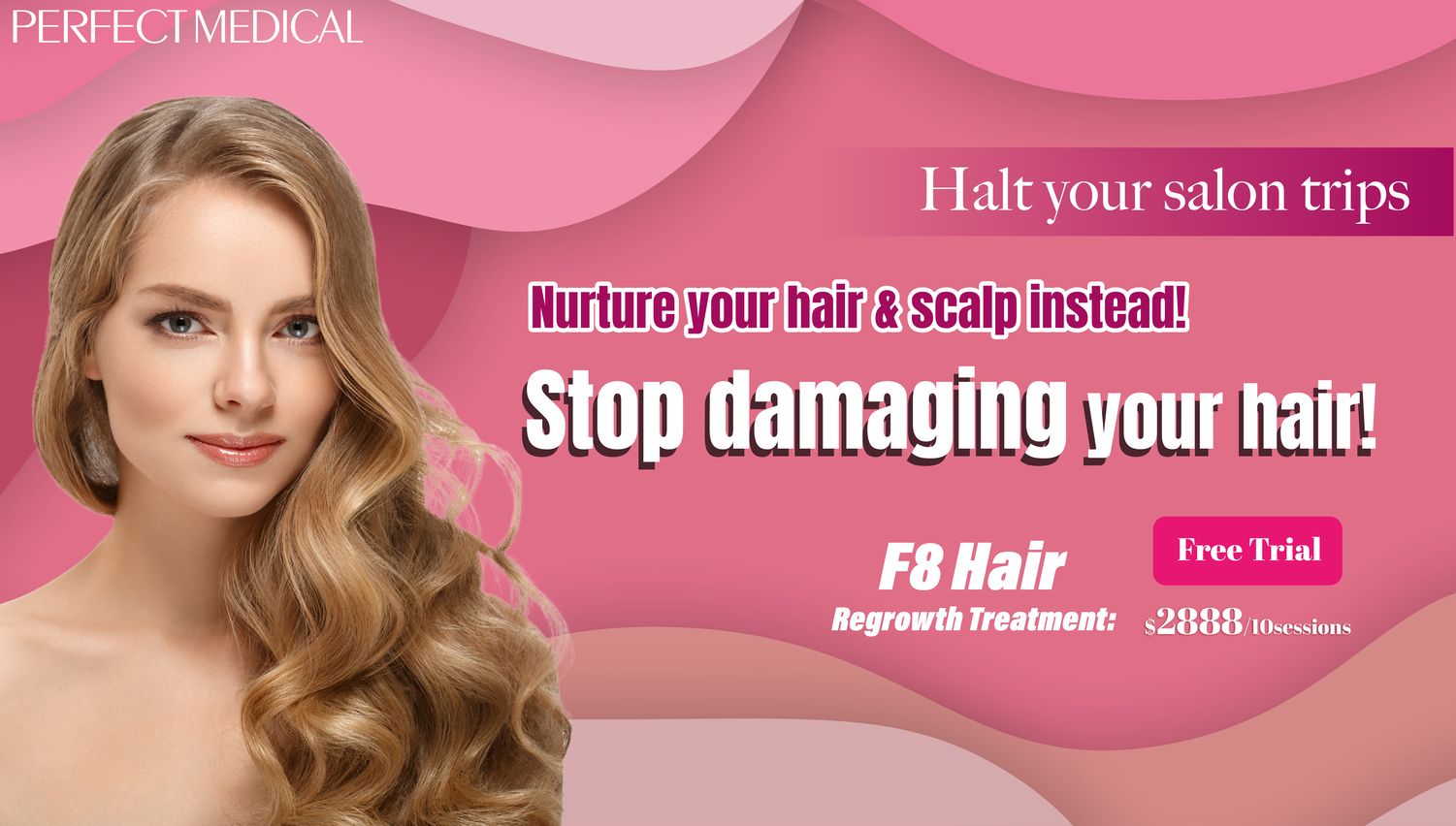
免費體驗
F8 Hair Regrowth Treatment
1 Minute Self-Registration
Date should not be before minimal date
FAQ

Can Certain Food Combinations Enhance Nutrient Absorption for Better Hair Growth?
You can maximize nutrient absorption for hair growth by combining specific foods strategically. Pair iron-rich foods like eggs with vitamin C sources to enhance iron absorption, essential for preventing hair loss. Combine healthy fats with vitamins A, D, E, and K found in leafy greens to improve their absorption. Additionally, pairing biotin-rich foods with omega-3 sources, like nuts with salmon, supports ideal hair growth and strength.
How Long After Improving Diet Will I Notice Changes in Hair?
Like a garden taking root, your hair's response to dietary changes won't happen overnight. You'll typically need to wait 3-6 months before noticing significant improvements in hair growth, as your follicles need time to complete their growth cycle. The timeline depends on your initial nutritional deficiencies, consistency with dietary changes, and individual factors like genetics, though you might see reduced shedding within a few weeks.
Does the Time of Day I Eat Affect Nutrient Absorption for Hair?
The timing of your meals can substantially impact nutrient absorption for hair health, as your body's circadian rhythm plays a vital role in this process. You'll optimize nutrient delivery to hair follicles by eating larger meals earlier in the day, spacing your meals 3-5 hours apart, and avoiding late-night eating. Your body absorbs nutrients more efficiently during daylight hours, while nighttime sleep supports cellular repair and melatonin production that regulates hair growth cycles.
Can Cooking Methods Impact the Nutritional Value of Hair-Healthy Foods?
Your cooking methods can substantially impact the nutritional content of hair-healthy foods, potentially affecting their benefits for your locks. Steaming is your best option, preserving up to 85% of vitamin C and other essential nutrients, while boiling can strip away half of these indispensable elements. If you're preparing protein-rich foods, opt for stir-frying or gentle steaming instead of high-heat grilling, which can damage both proteins and B vitamins.
Are Organic Foods More Effective at Preventing Hair Loss Than Conventional Ones?
Organic foods can be more effective at preventing hair loss compared to conventional options, as they're free from harmful chemicals that may disrupt hormone balance and interfere with hair growth. You'll benefit from their higher nutrient content, particularly antioxidants and essential minerals, which protect hair follicles from oxidative stress. Additionally, organic foods contain fewer heavy metals and pesticides that could contribute to hair loss through inflammation and hormonal disruption.






